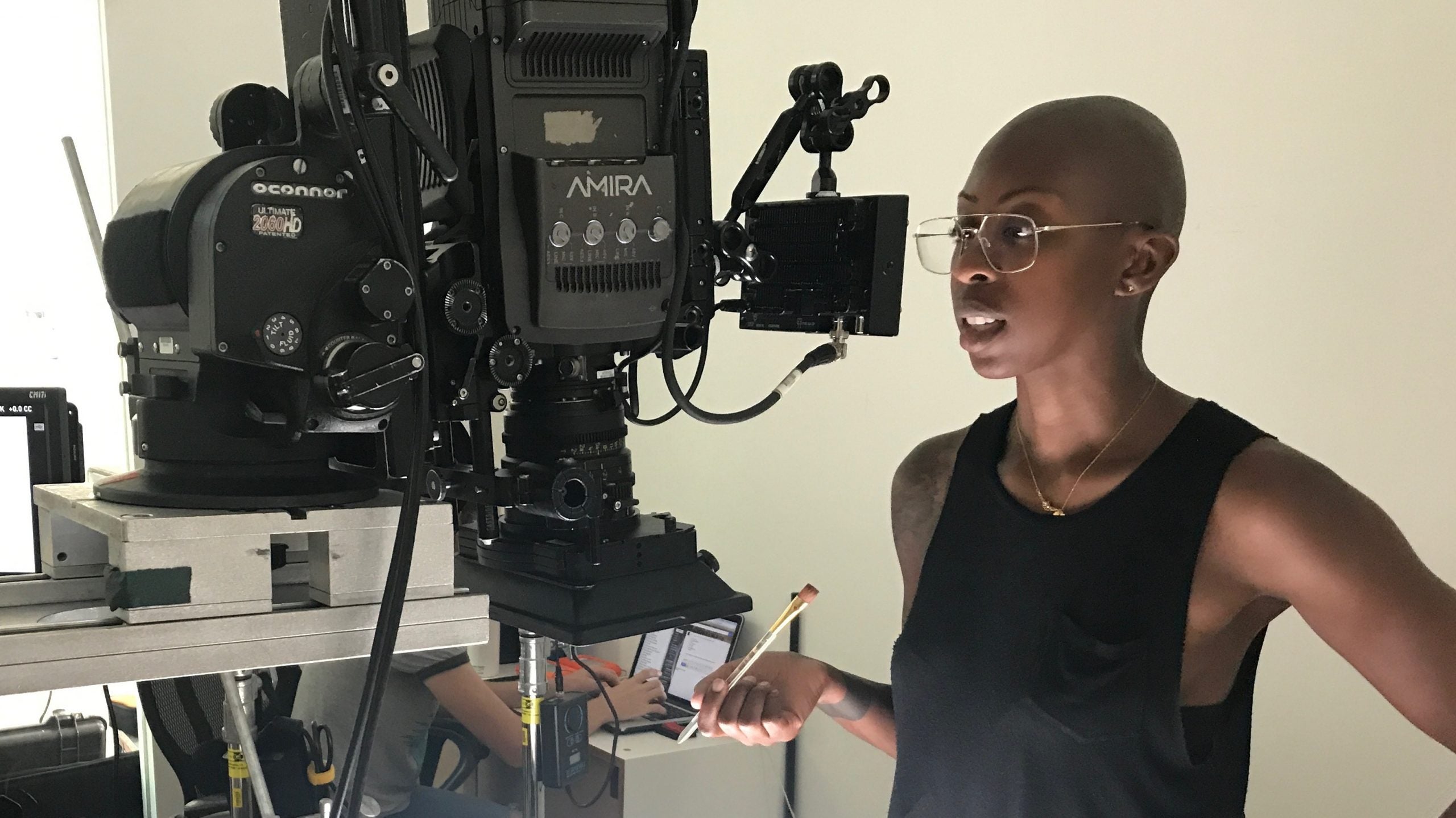Three years in the making, Oge Egbuonu’s documentary feature, (In)Visible Portraits highlights the hurt, resilience and beauty of Black women in America and aims to reclaim their voices. “The title plays on how our society has erased the Black woman’s contribution, yet it was built on the backs of Black women,” says the film’s 35-year-old director, writer and producer. “This idea, this erasure of all the work that Black women do, I want to give voice to that.”
Raised in a Nigerian immigrant family in Houston, Texas, Egbuonu moved to Los Angeles for a retail manager job after college, but soon ended up teaching restorative yoga. Ged Doherty, co-founder (with actor Colin Firth) of the independent production company Raindog Films, was one her students. That connection led to Egbuonu’s role as an associate producer on the 2016 film Loving, starring Ruth Negga and Joel Edgerton.

Now, Egbuonu makes her directorial debut with (In)Visible Portraits, mixing poetry and art to shine a light on the “otherizing” of Black women. For eight months, six days a week and 14 hours a day, she visited archival centers and read books about Black women by Black women to craft her storyline. “I’m hoping that Black women feel celebrated by this,” she says. “I also want this to reeducate people to the ways we’ve been taught to see and hold honor for Black women.”
I’m hoping Black women feel celebrated by this.
Oge Egbuonu
(In)Visible Portraits, which Egbuonu calls her “love letter to Black women,” features the stories of Black scholars, Black girls and Black mothers like Helen Jones. “Helen’s son, John Horton, was murdered by the sheriff’s department in prison,” the filmmaker shares. “She not only lost her son in that way but she also goes day in and day out to help other Black mothers who lost their kids through police brutality.”
The film also highlights the ways in which medical apartheid, historical labels, and rape culture harm Black women’s bodies, while also elevating Black women’s faith, creativity and strength. In one powerful scene, Egbuonu asks the women to look at themselves in the mirror and offer loving words to their 14-year-old selves.
“I want to give space to hold Black women’s stories and to hold reverence for all their contributions, so they won’t be forgotten,” she says. “This film has rearranged me in the most beautiful way because of all that it’s taught me.”
(In)Visible Portraits is available on Vimeo On Demand on Juneteenth.

